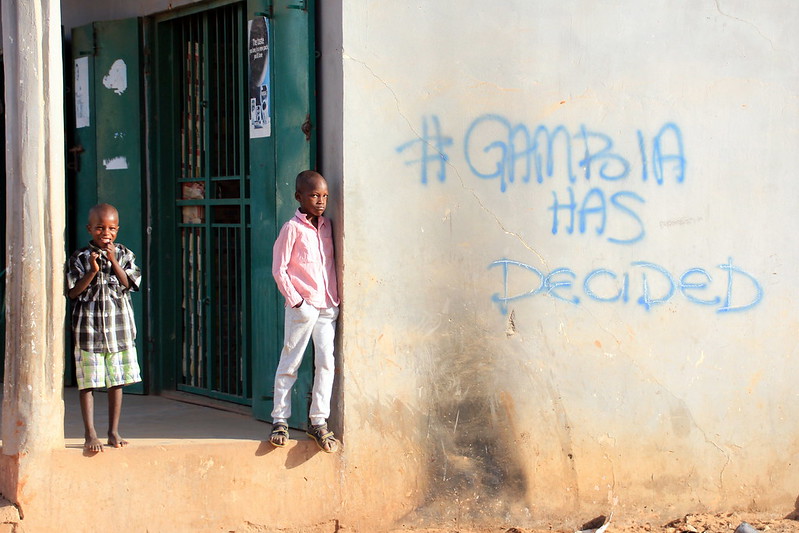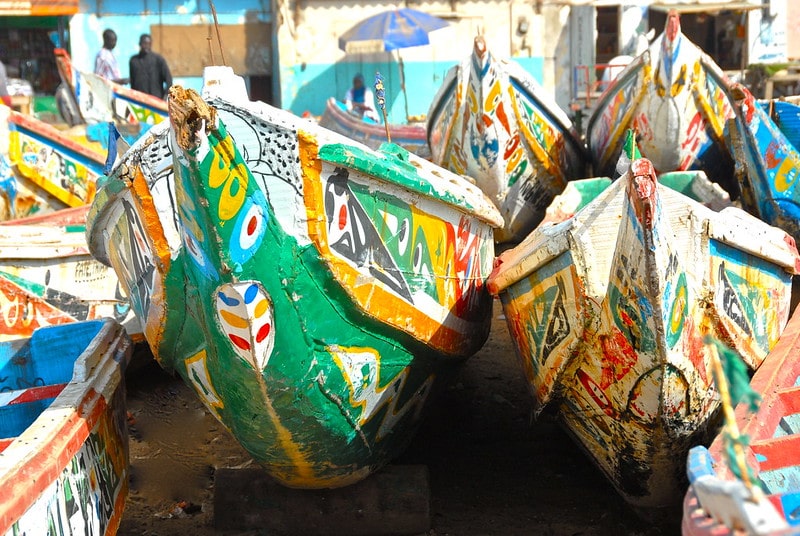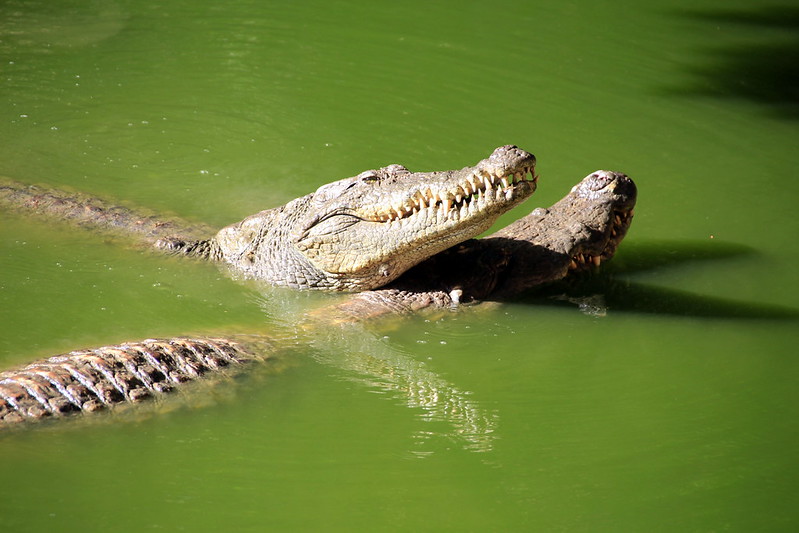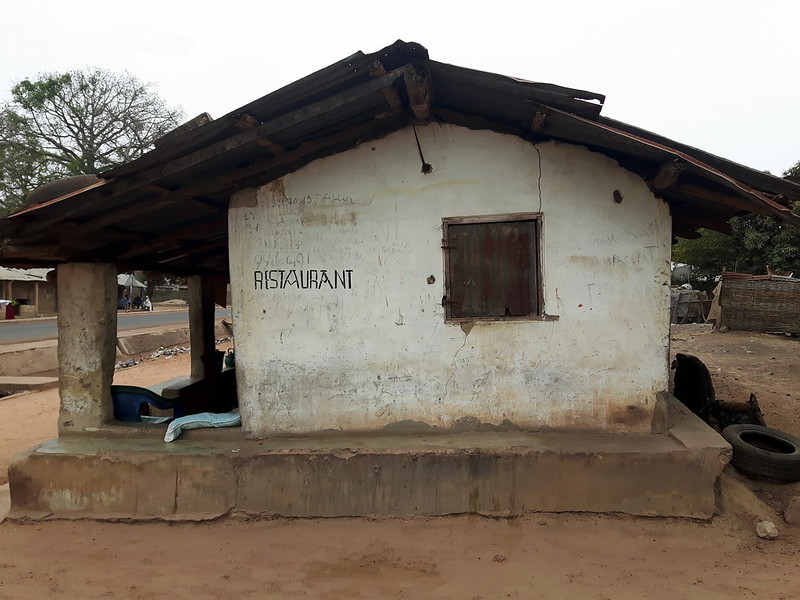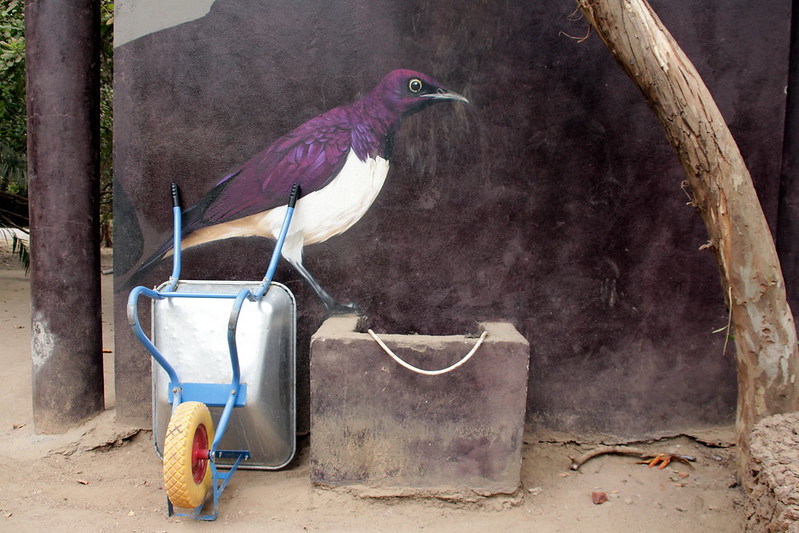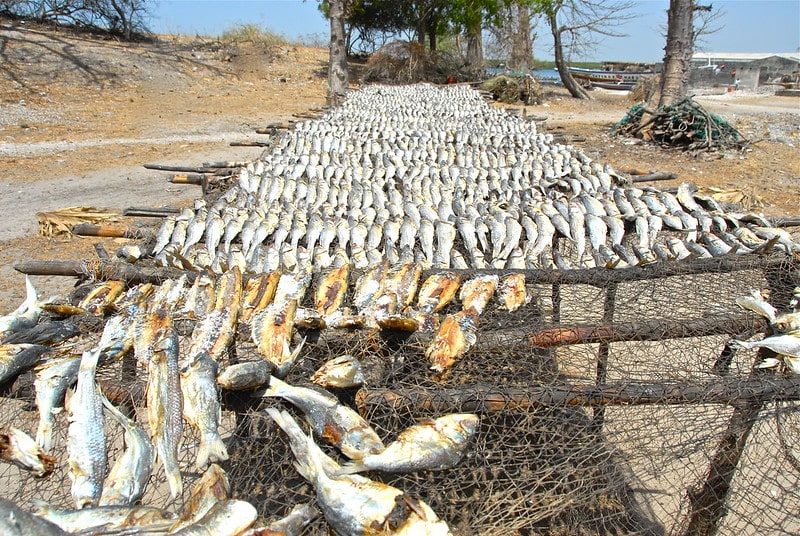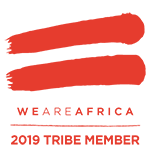REPUBLIC OF THE GAMBIA
Area: 11.300 kmq
Population: 2.173.999 (July 2020 est.)
Life expectancy: about 66 years
Capital: Banjul
Borders: to the north, south and east it borders with Senegal, to the west with the Atlantic Ocean
Ethnic groups: Mandinka/Jahanka 34%, Fulani/Tukulur/Lorobo 22.4%, Wolof 12.6%, Jola/Karoninka 10.7%, Serahuleh 6.6%, Serer 3.2%, Manjago 2.1% (2013 est.)
Religion: Muslim 95.7%, Christian 4.2% (2013 est.)
Languages: English (official), Mandinka, Wolof, Fula
Vaccinations: Yellow fever – compulsory; malaria prophylaxis – highly recommended.
Visa: Visa is not required for some nationalities, for some other nationalities it is required and obtainable at the border, for others invitation letter is required. Please check with the Gambia nearest Embassy/Consulate
TERRITORY, CLIMATE AND SEASONS
The Gambia is a strip of land 15 to 30 miles (25 to 50km) wide on both sides of the Gambia River and stretches nearly 300 miles (480km) inland. The Gambia River is the dominant feature of the country.
To the east, narrow valleys are separated by w flat hills. To the west, lower and smaller sandy hills alternate with sand-filled depressions to form a flat plain.
The Gambia has a humid and dry tropical climate characterized by an intense rainy season that generally occurs between June and October and a longer dry season. Near the coast the rainy season lasts longer and rainfall is more intense, decreasing towards the east. Humidity is high but drops from December to April, when the dry northeast wind known as harmattan dominates.
HISTORY
1455 The Portuguese establish trading posts along the Gambia River.
1889 The current borders of The Gambia established by an agreement between Great Britain and France.
1894 The Gambia becomes a British protectorate.
1965 The Gambia becomes independent with Dawda Jawara as prime minister.
1970 The Gambia becomes a republic following a referendum; Jawara is elected president.
1982 The Gambia and Senegal form a confederation called Senegambia, which collapses in 1989.
1994 President Jawara is ousted in a coup led by Lieutenant Yahya Jammeh.
1996 The new multi-party constitution is promulgated, but three large political parties are prohibited from participating in elections; Jammeh elected president.
2001 October, President Jammeh wins a second term.
2006 August, Thousands of people flee the southern Casamance region of Senegal to Gambia to escape fighting between Senegalese and separatist troops.
2006 September, President Jammeh wins a third term.
2011 November, President Jammeh wins another term in widely criticized elections.
2012 June, Former Justice Minister Fatou Bensouda is sworn in as the new Chief Prosecutor of the Internation al Criminal Court in The Hague.
2017 January, President Jammeh goes into exile after losing the December election to opposition candidate Adama Barrow, but only after neighboring countries threaten military intervention.
2017 April, Parliamentary elections give the United Democratic Party an absolute majority. The APRC, the dominant party under the government of Yahya Jammeh, is defeated.

